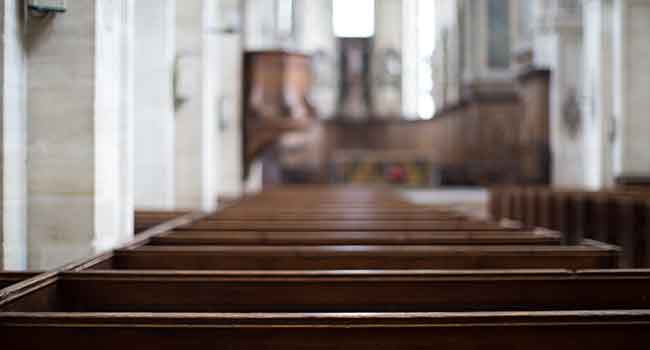
New Alabama Law Will Allow Church to Hire Its Own Police Force
Alabama Governor Kay Ivey signed legislation earlier this month that will allow Briarwood Presbyterian Church to hire its own police force.
- By Jessica Davis
- June 24, 2019
Briarwood Presbyterian Church and School is getting ready to establish its own police force. The institution was given the authority to do so in a new law signed by Gov. Kay Ivey earlier this month.
Briarwood officials said that its goal is to increase safety for its school and church, while critics of the law have raised concerns about transparency and accountability.
The new law will go into effect in three months. Briarwood’s Church Administrator, Matthew Moore, told ABC 33/40 there are no plans to rush into hiring officers.
“This initiative will require significant planning and development of proper agreements, policies and operating procedures,” Moore said. “Not until we have a well-developed plan based on best law enforcement practices and following the model of other institutions that benefit from AL 16-22 will we proceed with hiring an APOST certified officer.”
According to the school, cuts to the state’s budget led to full-time staffing problems when the church relied on outside law enforcement to serve as security.
Moore said that Briarwood plans to hire state-trained police officers per the new law’s requirements. The officers will report to the church’s future chief of police, with a chain of command outlined in state code.
“Line officers will report to supervisors and supervisors will report to the Director of Safety and Security/Chief of Police,” Moore said. “The Director/Chief reports to the Administrator/Chief Operating Officer/Dean/College President, who is then responsible for reporting to the governing body, i.e.: board of trustees, board of education or ruling elders.”
According to Cumberland School of Law’s Judge John Carrol, under the new law the officers will have “the power to arrest, the power to engage in hot pursuit, the power to use non-lethal force, those kinds of things.”
Carrol said that some records, such as financial records, can be kept private, but others have to be made public.
“Once he begins using the power the state law has conferred, the power to use non-lethal force, the power to arrest, that means any of those activities will have to be reported just as if he were or she were a police officer employed by a public entity,” Carrol told ABC 33/40.
“Briarwood intends to be fully transparent and cooperative with all applicable laws,” Moore said.
About the Author
Jessica Davis is the Associate Content Editor for 1105 Media.